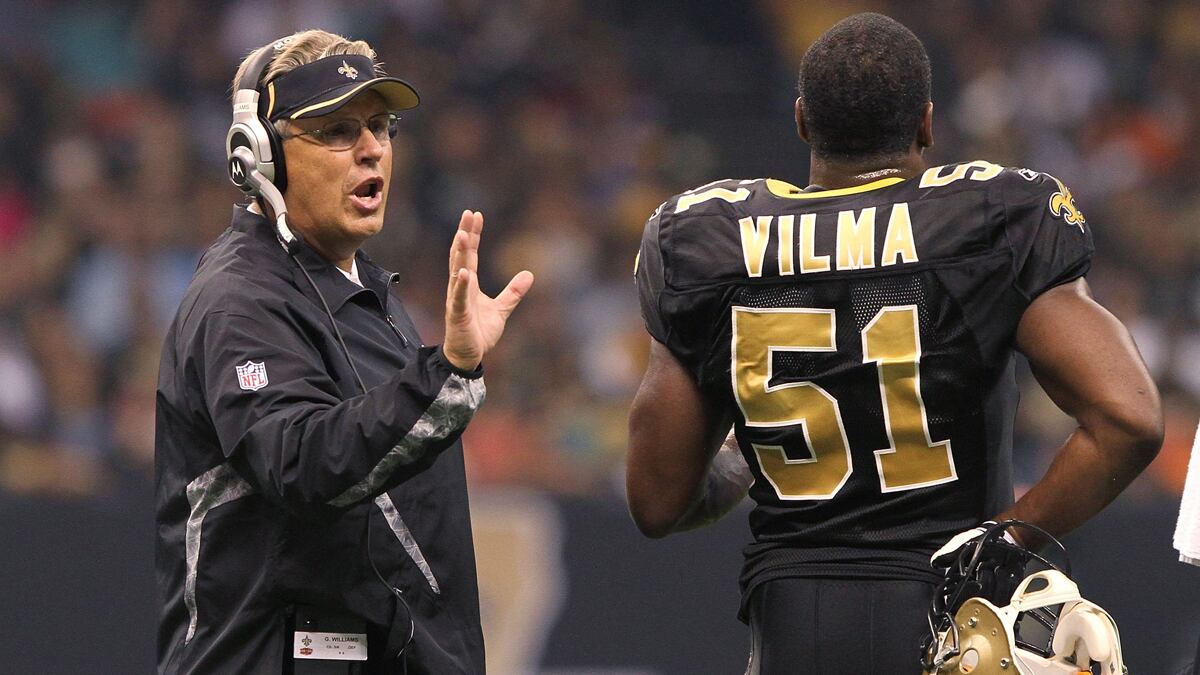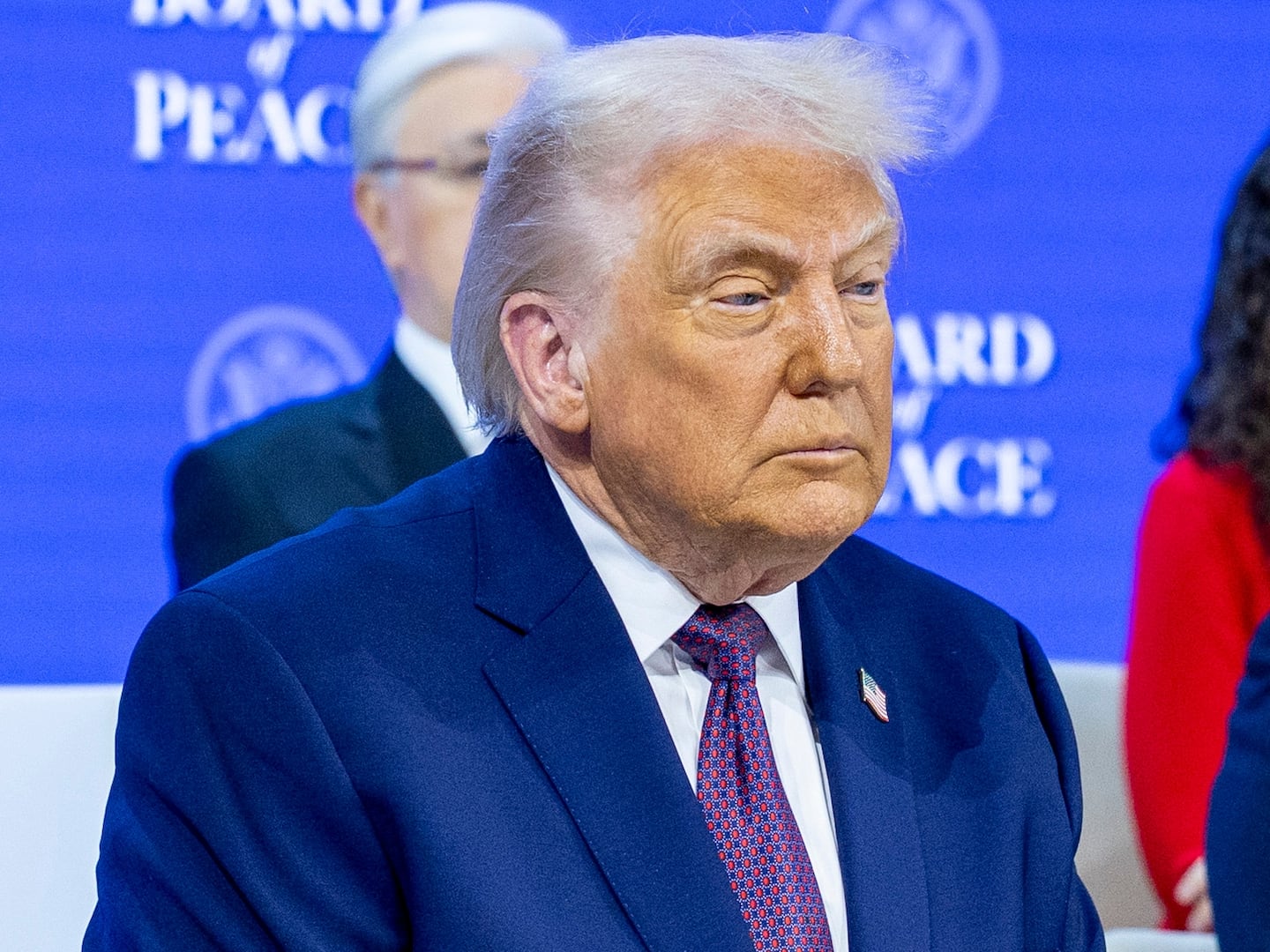Two weeks ago a number of NFL players took to blocking for Gregg Williams, the New Orleans Saints former defensive coordinator who has admitted to offering bounty payments for injuries. Matt Bowen, who played for Williams with the Redskins, gushed, “He is the ultimate motivator … You want to play so hard for this man … I think a lot of players take him as a father figure. That’s great to see at the NFL level.” Former Titan Josh Evans effused, “ I love him to death.” But Williams couldn’t be saved. On March 21st, Williams, Saints head coach Sean Payton, and the general manager were all suspended by the NFL for their part in the scandal.
Instead of running interference, these players ought to think about defending themselves for not speaking out against Williams and the Saint’s perverse, extra-pay-for-pain program. One of the frequently voiced complaints about participants in bigtime football is that success in their sport infantilizes them both emotionally and intellectually. In college, their hands are held by coaches and their world revolves around the astroturf playing fields and the weight room. But the defensive front of the New Orleans Saints is stacked with grown men intelligent enough to memorize endless highly complex schemes. Surely, these linebackers and tackles understood that Williams had slipped way out of the bounds of competiveness. Would they have remained mute if this same wizard of a motivator had perhaps offered some undetectable and illegal hardening substance to put into their forearm pads? Maybe, maybe not. But the fact that none of these men had the temerity to step forward in an act of football civil disobedience and insist that their coach recognize the nefarious nature of the bounty system, all but argues against the claim that sports builds character. Indeed, instead of stepping forward, some of them began to offer large bounties to one another for taking an opposing player out of the game.

In a perfect spiral of an op-ed piece for The Wall Street Journal, former quarterback Fran Tarkenton brought the gavel down, insisting that Williams should never be seen in the NFL again. The 18-year NFL veteran fumed, “My opponents wanted to beat me, and they certainly wanted to hit me to achieve that goal—but no one wanted to hurt another player deliberately. For all our competitive fire, and despite that strong desire to destroy our opposition, as professional NFL players we were part of a brotherhood. There was no joy in seeing someone injured on the field of play, even if it gave our team a better chance to win.”
“Brotherhood” is the operative word here. As a boxing trainer, I can tell you that fighters will forgive anything. But when a boxer is caught juicing his gloves, the pugilistic community turns away in disgust. It is one thing to sit down in a fight but it is altogether something different to take the risk of doing unfair and permanent damage to your brothers and sisters of the squared circle.
Football is a violent enterprise. The means to victory on the gridiron involve patterns of action that everyone grasps can and do lead to injury, but injury is not or at least should not be the goal. Whenever someone goes down particularly hard in football and there is a danger of serious injury, members of both squads take a knee, sometimes hold hands, and pray that it is nothing serious. No doubt, in some of these alarming cases, someone was given a grand for perhaps nearly paralyzing a quarterback. But how can we to reconcile that fraternal feeling on the field with William’s injury bounties?
Sadly, Americans have become inured to pathological behaviors. I have listened to a lot of football fans shrug this one off—saying it’s all entertainment or it's all a business—as though no rules apply when big checks come into play. But that money-changes-everything reaction is really something to hang your head about, and perhaps pray that our culture has not become critically callous.






